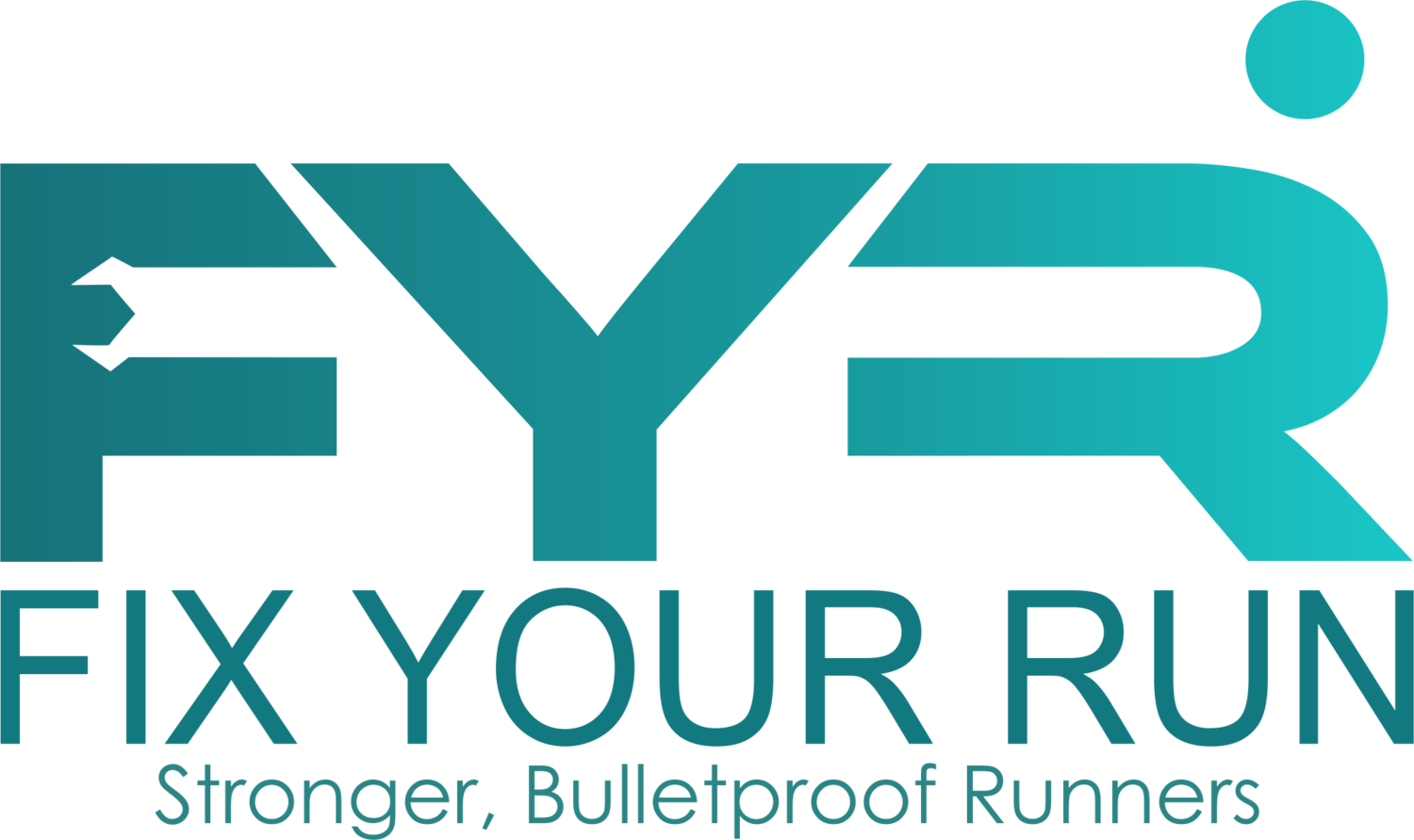Rely On Yourself, Not The GPS
 After this weekend's Rock & Roll Half Marathon I received several questions and concerns related to use of a GPS watch or running app. The chief complaint was one of inaccuracy.
After this weekend's Rock & Roll Half Marathon I received several questions and concerns related to use of a GPS watch or running app. The chief complaint was one of inaccuracy.
You go to check your pace on the watch you paid $200-400 for and you sort of expect it to give you accurate information. Well, temper your expectations.
There are several reasons as to why the GPS will be “off” in both pace and distance, yet I don't think they're worthless. You just have to accept their limitations and work on YOUR sense of pace so that the GPS unit becomes more of a back-up to your finely tuned senses.
The excellent blogger and tech reviewer, DC Rainmaker, has covered this topic fairly well so I won't dive in too deep here, so make sure you check it out especially if you're into the technical side of things.
Most Common Reasons Your GPS Is Wrong
- Something is obstructing your device's view of the sky. Buildings, thick tree coverage, hills/mountains are the most common obstructions. Philly's got a few buildings, yes?
- Although they are improving each year, your GPS unit is simply not as accurate as the method used to actually measure the course. Did you know that in order for a course to be USATF Certified there is a specific, rather meticulous procedure involving calibration, a bike, and lots of forms to fill out? I'm sure if someone could just run it with a GPS watch and call it a day, they would!

- You're not running the tangents on the course. I've written about this in the past, but I noticed thousands of runners oblivious to this FREE method of improving their time during this year's race. This is HUGE. Go back and look at the course map and count the number of turns or bends in the road. There are A LOT. Now, multiply that number by the extra 10-40 feet you travelled by just following the double yellow line or the runners in front of you. Bam, there's your extra quarter mile, easy.
Instead of blaming the GPS...
To improve your sense of pace, and I would strongly recommend that especially if you want to run a personal best, then try the following suggestions.
- Um, practice! Each time you run intervals, you have a chance to see how close you can come to hitting your pace goal. This is best done on a measured course like a track or path that has been accurately marked. Don't look at your watch until you cross the finish line. I guarantee you will improve – just practice!
- I think we've talked about tangents? Be conscious of this while racing, but again, practice this during training.
- Using a HR monitor is yet another way to measure performance. Since during a distance race and even pacing strategy is your best bet, locking into a specific heart rate is a great way to pace yourself. Wild fluctuations aren't good ;-) That said, HRMs have their own issues!
Finally, just use common sense. If the GPS watch is telling you 6:35/mile and you're with the 8:00 pace group, obviously something is up. You've probably noticed the “instantaneous pace” is always bouncing around a little. Perhaps check it frequently for an approximation, but avoid solely relying on it.
Just tune into - and trust – your sense of effort and pace. Is everyone passing you? Are you passing everyone? If not, you're probably doing just fine. Factor in your last mile split (which you hand timed, right?), your heart rate, your refined-through-practice sense of effort, and awareness of what's going on around you and you should be good to go!
Got any other suggestions for those who want to develop their own sense of pace? Please share!
